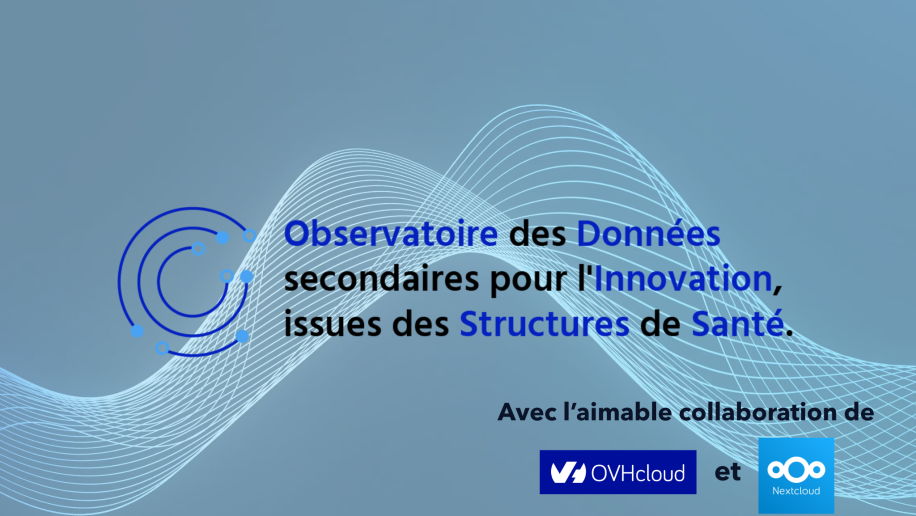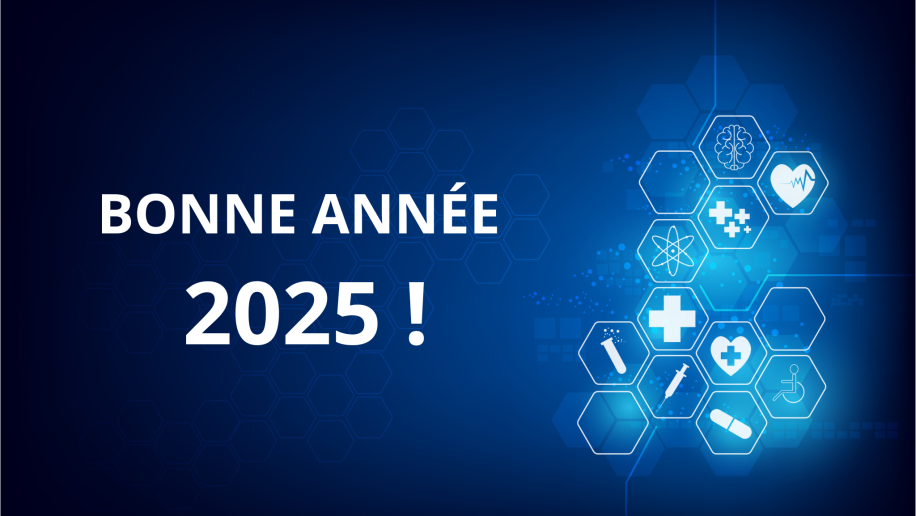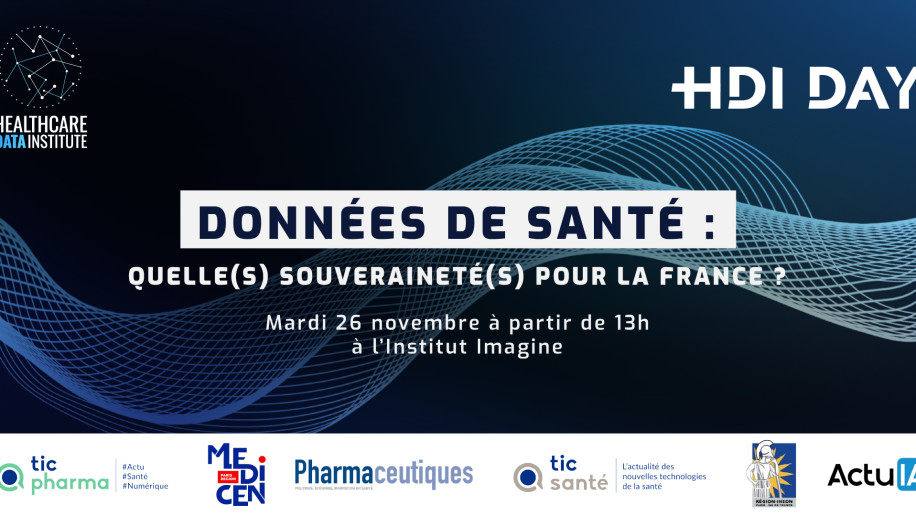Intel as joined the Healthcare Data Institute and is willing to develop successful partnerships with healthcare and life sciences actors, based on their needs for more data analytics. It was my pleasure to share details of the boundary-pushing big data and analytics that Intel has been working on recently in France and abroad.
Following the soft launch of our Trusted Analytics Platform (TAP) earlier this year, we’ve seen encouraging take-up from healthcare users, with several successful proofs of concept across the world. TAP is an open-source framework that lets data scientists and developers quickly deploy big data applications without having to worry about setting up infrastructure or platforms. It does this by pulling together the various software and tools required and provides a collaborative, cloud-based platform so users can concentrate on gaining meaningful value quicker from their big data.
France leads the way in Europe
Here in France there is an exciting project that’s just finished with the Assistance Publique-Hôpitaux de Paris – another member of the Healthcare Data Institute –, with the aim to improve the patient experience in the emergency department using healthcare analytics. The project proved that historical visit and admission data, combined with external environmental data about weather or public holidays, could generate precise predictions about future visits and admissions.
Our proof of concept took the whole analytics stack into consideration, from hardware through to data, the analytics platform (TAP) and the analytics software on top. We estimated that using TAP accelerated the data preparation phase by more than 50 per cent compared to a traditional approach. The success of the trial will hopefully lead to a larger-scale production rollout of the solution.
Healthcare stakeholders see the power of big data analytics
In the U.S., Penn Medicine is working with Intel to develop predictive models that can forecast the risk of disease or readmission by combining data on patient vitals, lab records and medication. The goal is that it will be able to predict a patient disease before a human clinician will even know to look for it. The institute is using TAP to make these predictive models better, and is looking to integrate it with its own data science platform Penn Signals. You can read more about the collaboration in our case study.
Oregon Health & Science University (OHSU) has been developing its Collaborative Cancer Cloud (CCC) with Intel. Its data scientists are using TAP to analyse patient data gathered from wearable devices, labs, and surveys to find new ways of determining a subject’s overall health. Hospitals can securely share patient genomic data to enable potentially lifesaving discoveries. Even by the standards of big data, this deployment is truly big, taking in more than 3 million records every day on top of the 360 million records already in the system.
Natural Language Processing to query Electronic Medical Records
In addition to TAP we’ve been working with Unicancer, a federation of 20 French Cancer Centres (FCCs) in France ensuring a full mission of care, research and education in cancer and accounting for ten percent of all cancer treatment nationally. As such, Unicancer has a large pool of patient data, accumulated over many decades. It has been using natural language processing techniques to query electronic medical records, which contain extensive annotations about rare diseases, to obtain instant patient cohorts that would otherwise not exist for those diseases. The technology is based on compute clusters combined with natural language processing software and handles at least 70 million documents for 4 to 5 million patients.
The future for the use of big data analytics in healthcare is bright and I’m proud that Intel takes part in this movement. If you wish to know more about these projects, please don’t hesitate to get in touch with me via LinkedIn.
Further Reading:
• The Data Stack: Big Data Solutions Inside, Further Sustainability Outside
• Changing Data Landscape: Leverage Healthcare Big Data for a Better Care Environment
—
Valère Dussaux is Head of Western Europe Health & Life Sciences at Intel Corporation.
Valère is a member of the Healthcare Data Institute.




